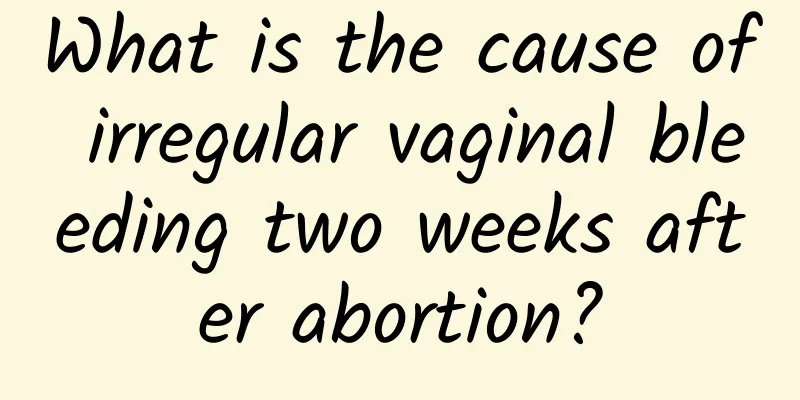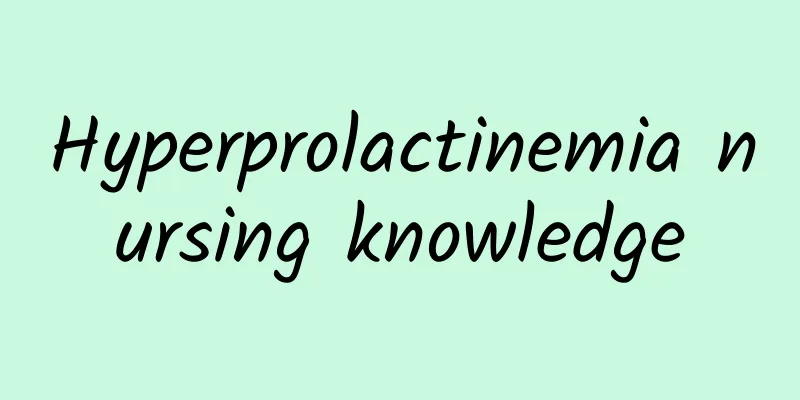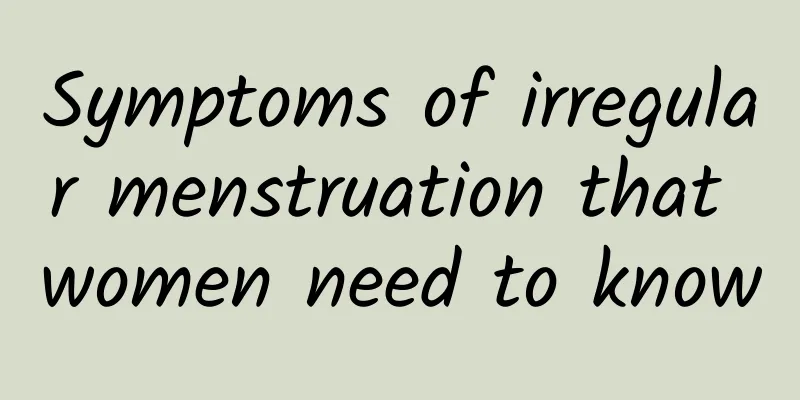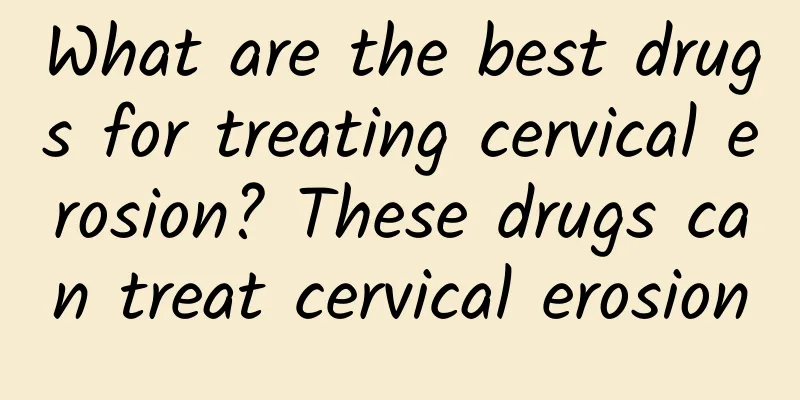What is submucosal uterine fibroid type 2? How to treat submucosal uterine fibroid better?
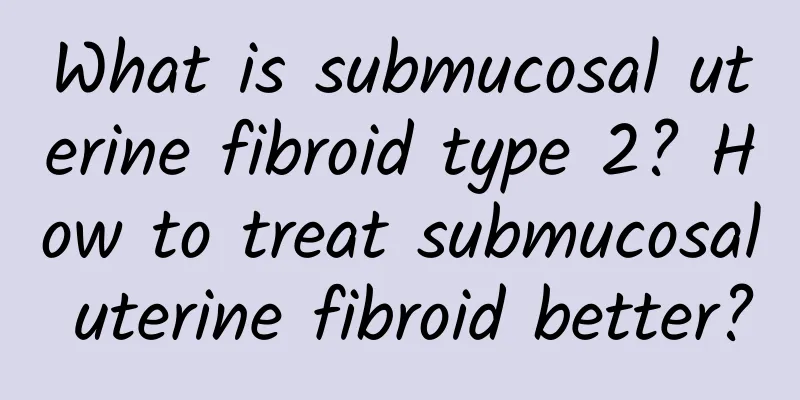
|
What are submucosal uterine fibroids type 2 and how to effectively treat submucosal uterine fibroids are issues that many women are concerned about. The following will introduce these two issues in detail and explore the best treatment methods. Uterine fibroids are a common gynecological disease. They are benign tumors formed by the growth of muscle cells in the uterine wall. The tumor can appear in any part of the myometrium, including under the endometrium, inside the myometrium, and outside the uterine cavity. Among them, submucosal uterine fibroids are the most common type. 1. What is submucosal uterine fibroid type 2? Submucosal type 2 fibroids are a specific type of fibroid that grows in the lower layer of the endometrium. It is usually single rather than multiple, although there are rare cases where multiple fibroids are found. This type of fibroid is usually smaller and has a significant impact on the menstrual cycle, which can cause problems such as heavy menstruation and prolonged menstruation. 2. Treatment of submucous uterine fibroids Treatment options for submucous uterine fibroids depend on the severity of your symptoms, the size and location of the fibroids, and your personal fertility plans. a. Observation and treatment Doctors will usually recommend observation for small fibroids that are not causing noticeable symptoms. It is very important to have regular checks and monitor the growth of fibroids to make sure they are not causing further problems. b. Drug treatment Medical treatment can help relieve symptoms caused by submucous uterine fibroids, such as pain and irregular menstruation. Commonly used medications include anti-inflammatory drugs, birth control pills, and hormonal medications. However, medical treatment cannot solve the problem of the fibroids themselves, but can only temporarily relieve symptoms. c.Surgery Surgery is the most common method for treating submucous uterine fibroids. Currently, the two most commonly used surgical methods are myomectomy and hysterectomy. Myomectomy is a surgical method that preserves the uterus and is suitable for women who want to have children. Hysterectomy is a surgical method that completely removes the uterus and is suitable for women who no longer plan to have children. During the recovery period after surgery, you need to pay attention to a proper diet and rest, and avoid excessive exertion. 3. Summary Submucosal uterine fibroids type 2 is a specific type of fibroid that is located in the lower layer of the endometrium and often causes problems such as irregular menstruation. The best treatments for submucosal uterine fibroids include observation and treatment, medication, and surgery. For patients with mild symptoms and small fibroids, observation and treatment or medication can be chosen. For patients with severe symptoms or those who want to have children, surgery is the best option. Before treatment, you should consult a professional doctor and choose the most suitable treatment method according to your personal situation to improve the treatment effect. |
<<: What foods can cause uterine fibroids? What foods can cause high uric acid?
>>: What can shrink uterine fibroids and polyps? How can I shrink uterine fibroids?
Recommend
Can adenomyosis cause diabetes?
Adenomyosis is familiar to everyone. In recent ye...
What are the commonly used examination methods for uterine effusion?
What are the examination methods for uterine effu...
Specific causes of pelvic inflammatory disease in women
Pelvic inflammatory disease is a type of gynecolo...
What should you eat after a miscarriage? Doctors recommend these 2 meals
I believe that no matter what the circumstances, ...
Is the cause of premature ovarian failure among white-collar workers too much stress?
Is the cause of premature ovarian failure among w...
Is seabuckthorn effective in treating female cervical erosion? Women should pay attention to these when treating cervical erosion
Is seabuckthorn effective in treating cervical er...
5 ways to effectively prevent adnexitis
Adnexitis is a common gynecological disease. It i...
What infections can cause chronic cervicitis?
Experts say that the cause of chronic cervicitis ...
Proper diet during menstrual cramps
Women experience pain in the lower abdomen and lu...
To prevent irregular menstruation, you should pay attention to the following points
Irregular menstruation is a phenomenon that all w...
What causes cervical hypertrophy?
What causes cervical hypertrophy? Experts say: Ce...
The main causes of cervicitis in women
Cervicitis is a common disease among married wome...
You can execute it immediately after reading it! Nutritionist's sugar reduction principles & daily diet revealed
It is not an exaggeration to say that a low-sugar...
How to recuperate after abortion?
After an abortion, the body is weaker and the imm...
What is the reason for two miscarriages? It may be caused by these 5 reasons
If a woman has two unexpected miscarriages, she c...

